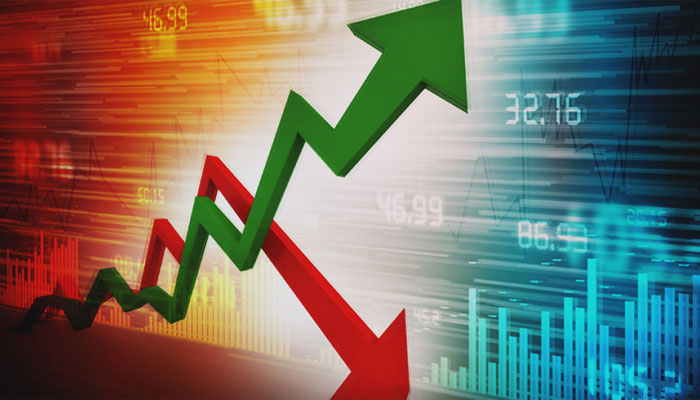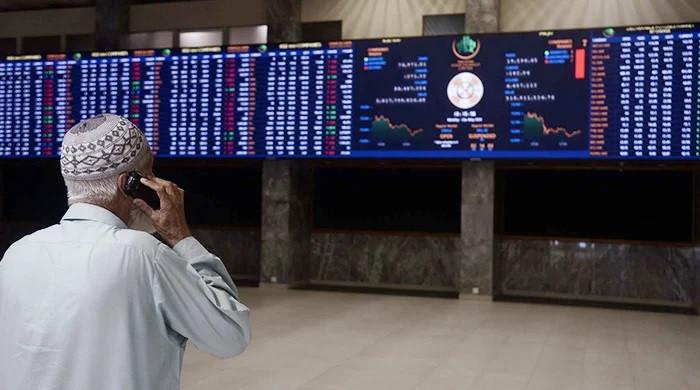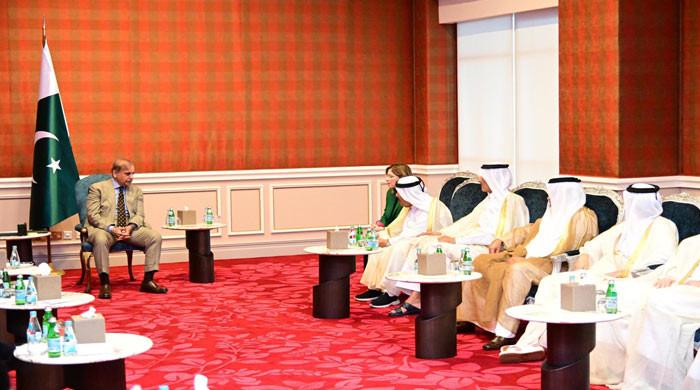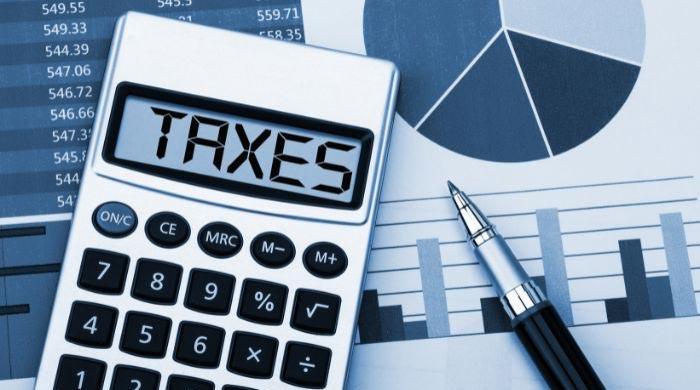Annual consumer inflation increases to 11.1% in April
On a month-on-month basis, CPI inflation increased by 1% in April 2021 as compared to an increase of 0.4% in the previous month
May 02, 2021

- Annual consumer inflation shoots up to 11.1% in April from 9.1% in March.
- The April outrun is in contrast to the government’s forecast.
- CPI inflation increased by 1% in April 2021 as compared to an increase of 0.4% in the previous month.
ISLAMABAD: Due to a rise in prices of food and energy posing a downside risk to the economic growth recovering from the pandemic, the annual consumer inflation has shot up to 11.1% in April from 9.1% in March, The News, citing official data, reported on Sunday.
The April outrun is in contrast to the government’s forecast, as the Ministry of Finance expected inflation to remain between 8 - 9.5% in April.
However, from the beginning of the next fiscal year, assuming the absence of any new supply shocks, favourable base effects may start to drive annual inflation to lower levels, the ministry said.
On a month-on-month basis, consumer price index (CPI) inflation increased by 1% in April 2021 as compared to an increase of 0.4% in the previous month and a decrease of 0.8% in April 2020.
Read more: Pakistan annual inflation dropped to 5.65% in January
Prices of food with nearly 35% weight in CPI basket increased 15.9% year-on-year in April.
Mainly, the food inflation was driven by non-perishable food prices that rose by 18.36%. Prices of housing, water, electricity, and fuels increased to 9.68% year-on-year in April compared to 0.51% in March.
Tahir Abbas, head of Research at Karachi-based Arif Habib Limited said usually CPI for Ramadan month is on the higher side.
“Government is taking initiative to lower food inflation which is the primary cause of concern at the moment and it is due to supply-side shock,” Abbas said. “CPI is expected to gradually lower from Jul21 onwards.”
Govt bets on Ramadan package
The government is betting on the Ramadan package that is a negligible percentage of development spending to avert the evident inflationary pressures amid the rise in prices of commodities in the international market.
“Rise in international commodities prices may build inflationary pressure in Pakistan. Vigilant government policies to control inflation through the smooth domestic supply of essential goods along with Rs7.8 billion of Ramadan package will mitigate the risk,” the finance ministry said in the latest monthly economic outlook.
Inflationary pressures are rising worldwide as a surge in demand is accompanied by widespread supply constraints in the provision of goods and services.
A steep rise in consumer price inflation across the world in coming months is expected, most notably in the US, where prices charged for consumer goods rose sharply, it said, citing the World Bank Commodities Price Data that showed energy commodities increased 0.9% and non-energy prices rose 0.8% in March.
Among subgroups, fertilisers rose 4.1% and precious metals fell 5.1%.
Pakistan in better prospectives of global economic recovery
In the context of Pakistan, the better prospects of global economic recovery will help in accelerating exports and workers' remittances.
CPI inflation urban increased by 11% year-on-year in April 2021 as compared to an increase of 8.7% in the previous month and 7.7% in April 2020.
On a month-on-month basis, it increased by 1.3% in April 2021 as compared to an increase of 0.3% in the previous month and a decrease of 0.7% in April 2020.
Read more: ADB says Pakistan's GDP to shrink, inflation to be in double digits for 2020
CPI inflation rural increased by 11.3% year-on-year in April 2021 as compared to an increase of 9.5% in the previous month and 9.8% in April 2020. On a month-on-month basis, it increased by 0.6% in April 2021 as compared to an increase of 0.5% in the previous month and a decrease of 1.1% in April 2020.
The government agreed with the International Monetary Fund that monetary policy should remain data-driven on a forward-looking basis to anchor inflation within the SBP’s target range of 5-7% over the medium term.
The average CPI in July and April eased from 11.22% last year to 8.62% this year, near the upper range of the SBP’s forecast for this fiscal year.











